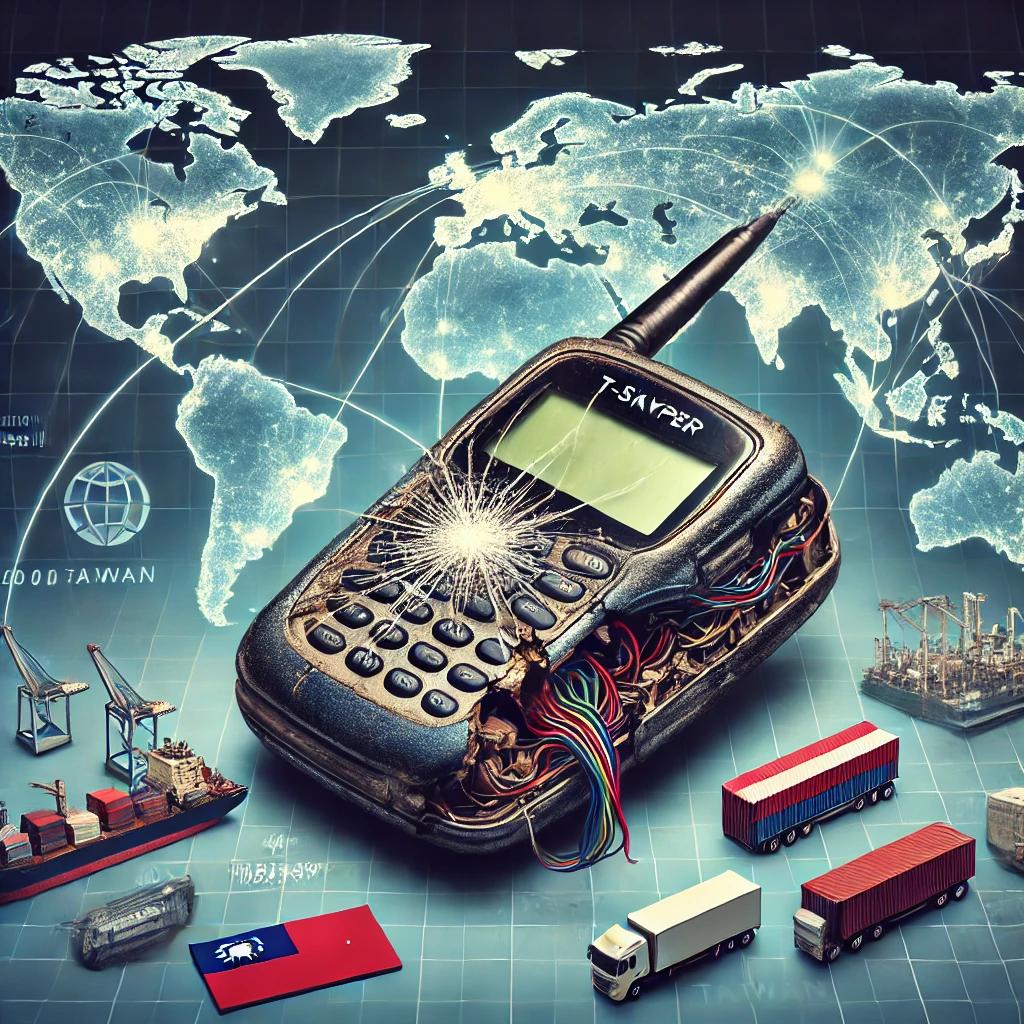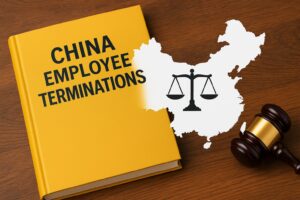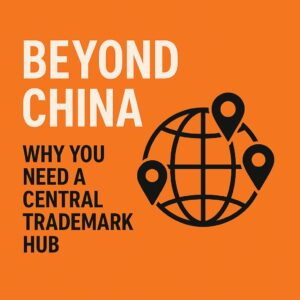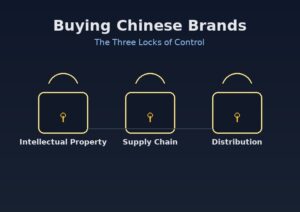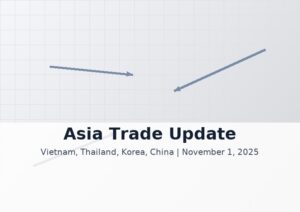International Supply Chain Risks
As I write this, nearly 50 Hezbollah terrorists are dead, and 3,000 or so more are lying in hospitals with severe injuries caused by Made in Taiwan/Made in Hungary pagers infused with explosive material. This pager explosion operation, likely orchestrated by Mossad with the help of the IDF and Druze and Christians within Lebanon, demonstrates just how creative (and effective) supply chain sabotage can be.
While this is an extreme example, the underlying lesson is clear: whether you’re running a global terror network or a toy company, your supply chain is only as strong as its weakest link. And when you don’t pay attention to those links, your chances of a big problem go way up.
For most businesses, the threats are far less dramatic than espionage or sabotage, but the risks of fraud, mismanagement, and negligence within supply chains are very real. These won’t make headlines like a Mossad operation, but they can still blow up your bottom line.
The Hidden Dangers in YOUR International Supply Chain
Take, for example, a U.S. toy importer that was so thrilled to be getting its toys made in Vietnam at a bargain price that it wired $2 million upfront to what it thought was a legitimate toy maker.
This U.S. importer came to my law firm wanting to sue, but we told them that before we do that, we like to research the supplier company to see whether litigation is worth pursuing. We do this via what we call a Foreign Company Due Diligence Report, and in the case of the Vietnamese toy company, it took us almost no time to determine that the company had never existed, and our client had been scammed from the start. This case is a classic and harsh reminder of how critical it is to conduct thorough due diligence before sending money overseas.
This story is far from unique. My law firm has handled countless cases of businesses falling prey to fraud, negligence, or mismanagement within their supply chains. Here are a few other examples:
- Counterparty Fraud: A South Carolina food company ordered fish from a “reputable” supplier in China. No fish were ever shipped and this firm hired us to fight off lawsuits from their clients who never got their fish. Our job was to clean up the mess and convince everyone that our client was the victim, not the wealthy mastermind of a massive fish fraud operation.
- Bait and Switch: A U.S. company importing fish got a different surprise: they paid for fish but received a shipment of broken bricks with one layer of fish as a sort of coating. This bait-and-switch tactic is oddly reminiscent of Hezbollah’s pager fiasco. Both involve bad deals that could have been avoided with proper due diligence.
- Supplier Instability and Legal Loopholes: One American company thought it had secured millions of dollars’ worth of Christmas lights from a Chinese manufacturer. Turns out, they’d unknowingly contracted with a middleman instead of the actual factory. When the lights didn’t arrive, the factory held the American company hostage because the middleman owed them money. My client had to pay a large additional sum to the Chinese manufacturer to get their lights just in time for the holiday rush. A costly lesson in the importance of knowing who you’re really doing business with.
What Hezbollah Should Have Done to Protect Themselves
Speaking of costly lessons, Hezbollah’s procurement department made spectacular blunders from which competent businesses can learn.
If Hezbollah had followed the most basic due diligence principles, they likely wouldn’t have fallen for Mossad’s sabotage. For example, they appear not to havea undertaken or flat-out failed with all of the below:
- Vet the Supplier: Hezbollah apparently skipped the step of vetting their suppliers. Sure, the Taiwanese pager company might have been legit, but that shady Hungarian subcontractor? Big red flag. A quick background check (basic due diligence) could have revealed suspicious ties or, at least, highlighted that Hungary isn’t exactly the global hub for pager production. In the business world, vetting suppliers is Supply Chain 101. Hezbollah—being who they are—probably shouldn’t have been buying from Taiwan or Hungary in the first place, as both countries have strong ties to the West and to Israel. Did nobody in Hezbollah’s procurement team think to Google this?
- Inspect the Goods: If you’re buying pagers by the thousands, for people you’re supposed to care about, wouldn’t you at least inspect a few at the factory or even when they arrive? Crack one open, run a diagnostic, make sure it isn’t filled with… you know… explosives? The most basic of product inspections would have saved Hezbollah from its self-inflicted disaster.
- Use Trusted Channels: Hezbollah’s manufacturer screening process is like the business that chooses the cheapest, most unreliable supplier on Alibaba and then is shocked when their goods don’t show up—or worse, when the goods explode. And, no, getting a “great deal” is no excuse for gross negligence that puts thousands of people’s lives at risk. If Hezbollah’s Chief Procurement Officer is still alive and not in a hospital, he should update his LinkedIn bio—because if Hezbollah has any sense at all, he’s out of a job. Everyone is talking about how briliant the IDF was to have pulled off this operation, but they would never have succeeded had Hezbollah not also been so clueless.
Hezbollah’s Mistakes Apply to Businesses Too
Now, you’re probably not in as risky a “business” as Hezbollah, but the mistakes they made apply to any business managing a supply chain. If you neglect due diligence, cut corners, or fail to inspect your products, you’re opening the door to potential disaster. Your disaster might not be as explosive as Hezbollah’s, but it still might destroy your bottom line.
Here’s how to safeguard your supply chain:
- Conduct Thorough Due Diligence: Before signing any contract or sending any money, verify your supplier’s legitimacy. Check corporate registration documents, financial records, and certifications. Avoid dealing with offshore shell companies that might disappear when things go south. Hire someone with experience conduting international company due diligence.
- Demand Transparency and Direct Contracts: It is usually best to contract directly with your manufacturer—not through a third-party agent. Middlemen introduce risk and reduce your control over quality and timelines. See Sourcing Agents When Manufacturing Overseas: The Long Version.
- Insist on On-Site Verification: Visit your supplier’s facilities in person (or send someone trusted) to verify operations. A visit can reveal far more than paperwork ever will. Get a provision in your international manufacturing agreement that allows you to do this.
- Include Protective Contract Clauses: Negotiate contracts that include penalties for non-compliance and clear quality control expectations. Protect yourself legally in case things go wrong. I have a client that makes a very risky contract and their in-house lawyer always tells us to draft their international manufacturing agreements for the jury in their “next product liability case.”
- Implement a Rigorous Vetting Process for Third Parties: If you must use intermediaries, make sure they have a solid track record. Require performance guarantees and investigate their connections to the actual manufacturer to avoid being caught in a web of liability.
Conclusion
Whether it’s Hezbollah’s exploding pagers or a toy importer’s missing shipment, the lessons are the same: supply chains are full of risks, and failing to safeguard them can lead to disaster. From counterparty fraud to bait-and-switch schemes, the threats are real, and the consequences can be catastrophic. But by conducting proper due diligence, demanding transparency, and protecting yourself with solid contracts, you can keep your supply chain intact and avoid your own supply chain nightmare.
And remember, prevention is almost always better than recovery—just ask Hezbollah.










